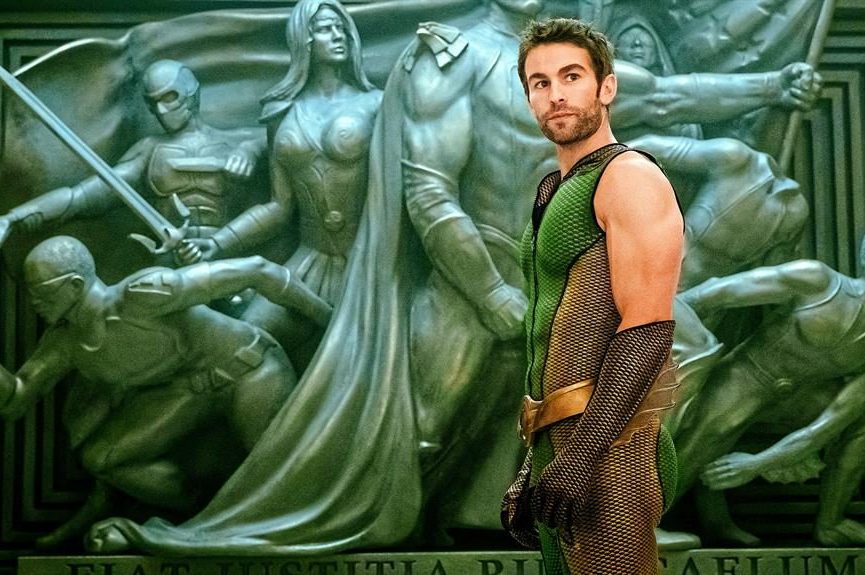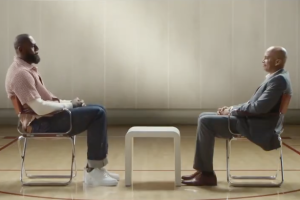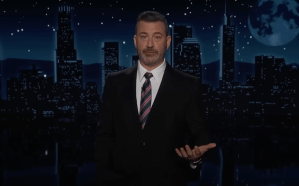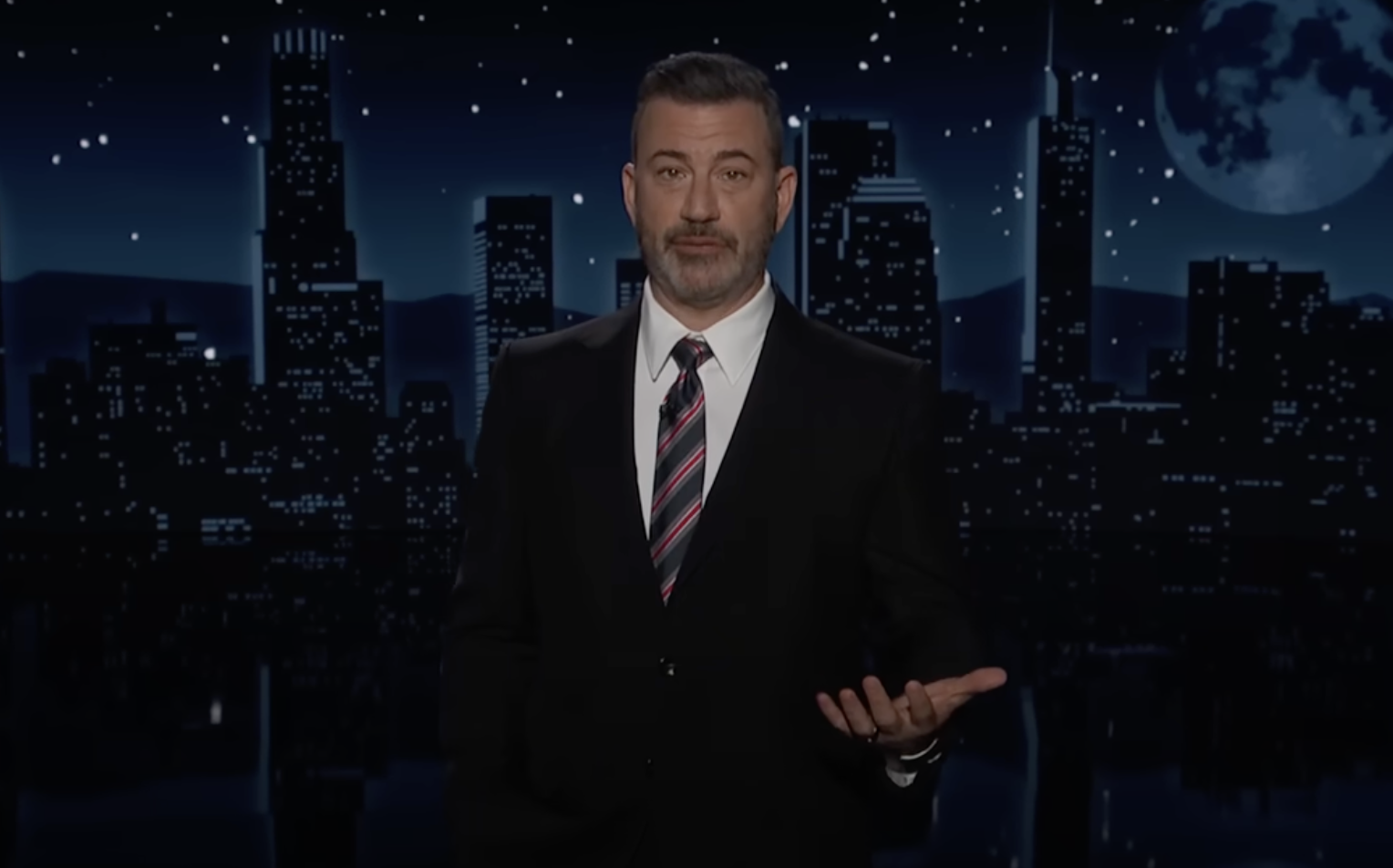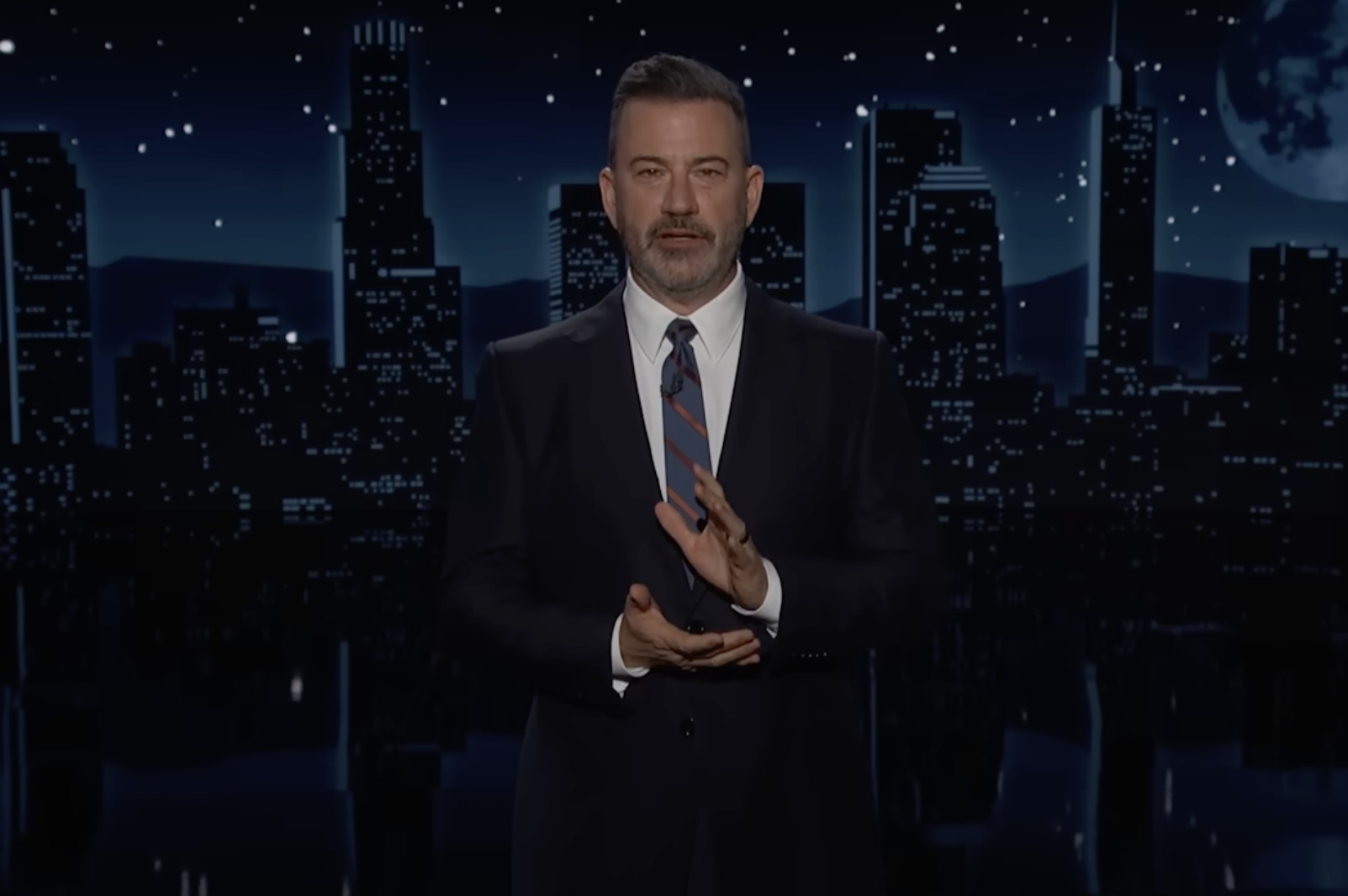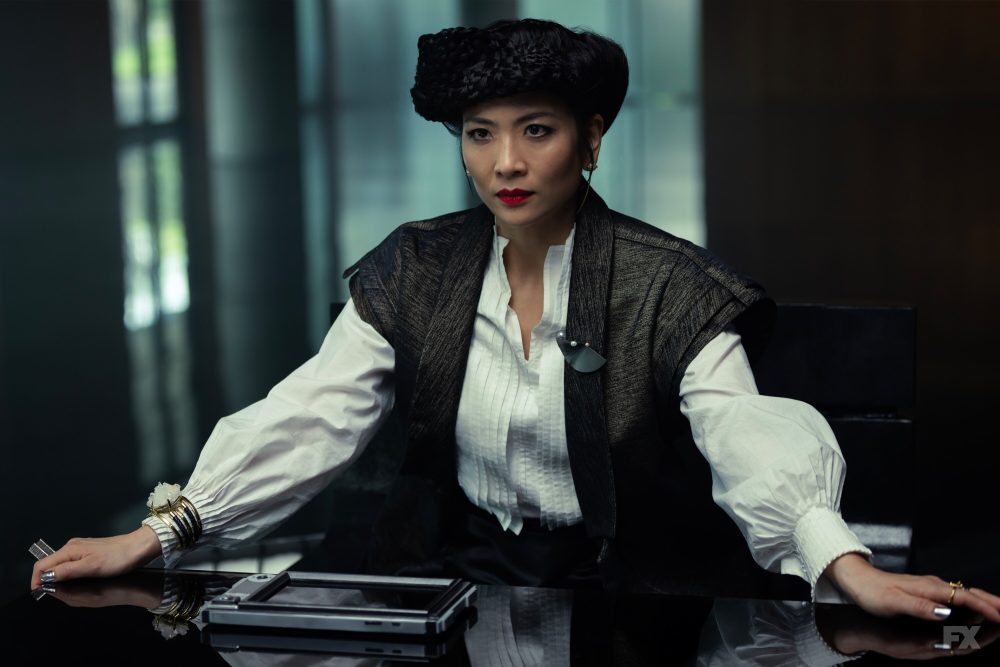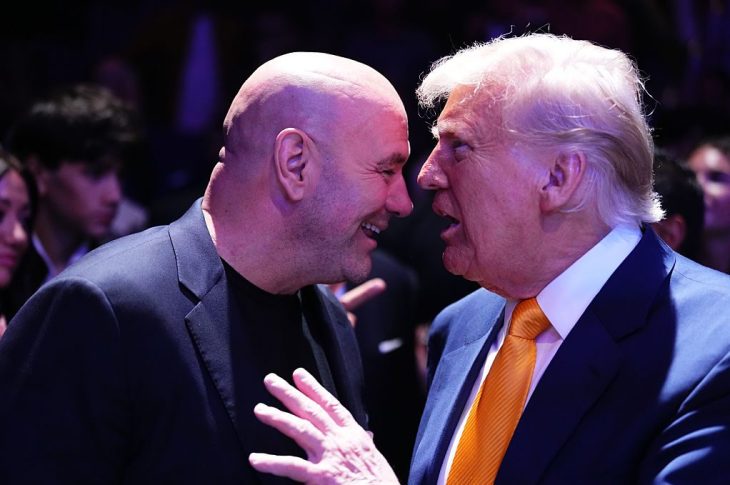In The Dark Knight, one of the best superhero movies, the Joker presents Batman with a serious dilemma: he must choose between saving his romantic interest, Rachel, or Gotham’s ‘white knight’ DA, Harvey Dent. Batman makes the ‘wrong’ decision and runs off to save Rachel, only to discover the Joker has tricked him, and sent him to Harvey instead.
The moral gray area isn’t that rare in modern superhero movies. Tony Stark (Iron Man) is otherwise a pompous, drunken lothario. Thor and Hawkeye react to a crushing defeat in battle by becoming a fat, lazy shut-in and a vigilante, respectively. Captain America: Civil War is almost entirely about the dangers of superheroes having no official oversight, despite the potential for massive collateral damage from their world-saving activities.
That’s why it’s best not to think too deeply about The Boys (Amazon Prime). The show, which recently completed its second season, is a parody of the Marvel and DC cinematic universes. It rips the endless origin stories, sequels and ‘team ups’ that keep the superheroes on the big screen, dismissing it all as a money-making scam played on gullible audiences. The Boys makes this point by creating its own superhero world.
Vought International is a mega-company that employs superheroes and contracts them out to cities as crimefighters. Vought also rakes in the merchandising dollars through movies, TV shows, figurines, apparel and meet ’n’ greets. We quickly learn that the superheroes, particularly the ones in the primo group, ‘The Seven’, are really just a bunch of assholes that were injected with special performance-enhancing drugs as infants. The eponymous ‘Boys’ are a group of regular Joes that are wise to the grift and are trying to take them down.
It’s all intended to mock the idea that superheroes are our moral betters because they have magical powers. The ability to kill anyone who questions them, and the unending praise and attention from adoring fans, the show argues, actually make them our moral inferiors. But The Boys errs in choosing its targets.
It wasn’t the film or comic-book companies that stripped all nuance from the imaginary worlds occupied by the heroes. That was the fault of the emotionally-stunted adults who became obsessed with fantastical content, and then applied it to every real-world situation they possibly could. I’m talking about the people who compare COVID-19 frontline workers to The Avengers or former president Donald Trump to Lord Voldemort. These overgrown kids have attached insane purity tests to their beloved programming, and even attack its creators when they don’t live up to their arbitrarily high standards — newly-crowned ‘TERF’ J.K. Rowling, for example.
As Augustine Bland recently wrote in these pages, ‘Adults have earnestly chosen to understand the world through the prism of superheroes, wizards and Jedi knights.’ Bland partially blames this moral ‘Disneyfication’ on the decline in religious affiliation, but notes that secularization ‘hasn’t obviated the need for a sense of good and evil’.
The Boys, however, mocks organized religion just as much as it mocks the commodification of heroes. The churches in The Boys are corrupt and corporatized, and they sometimes have ties to Nazism. The only acceptable way to worship in The Boys is to be the obnoxiously trite ‘spiritual but not religious’. Once you realize that the show offers no alternative to the moral orders it’s criticizing, everything starts to feel cynical.
The surface-level cultural critiques are nearly all delivered with snark and pompousness. Thinking too hard about any of them will lead to the conclusion that the show loves to flirt with edginess but doesn’t have anything to actually say.
Which is a real shame, because The Boys is often straight-up fun, raunchy and exciting. It ventures into politics but doesn’t just pick on one side. I laughed out loud when Vought tried to be more ‘inclusive’ by adding a blind superhero to ‘The Seven’, only for team leader Homelander to immediately incapacitate him with a swift clap to the ears.
‘And now you’re just another useless fucking blind guy,’ Homelander mutters to the crying Blindspot. He turns his ire on the female manager who recruited the new guy: ‘The only reason you’re here and not doing corporate PR for fucking DivaCups is that I brought you here.’ Unfortunately the heavy-handed treatment of the idea that good guys can also be bad causes the viewer to get stuck, searching for the point when they should be just enjoying the ride. The Boys is ultimately not as smart as it thinks it is.
This article was originally published in The Spectator’s March 2021 US edition.



